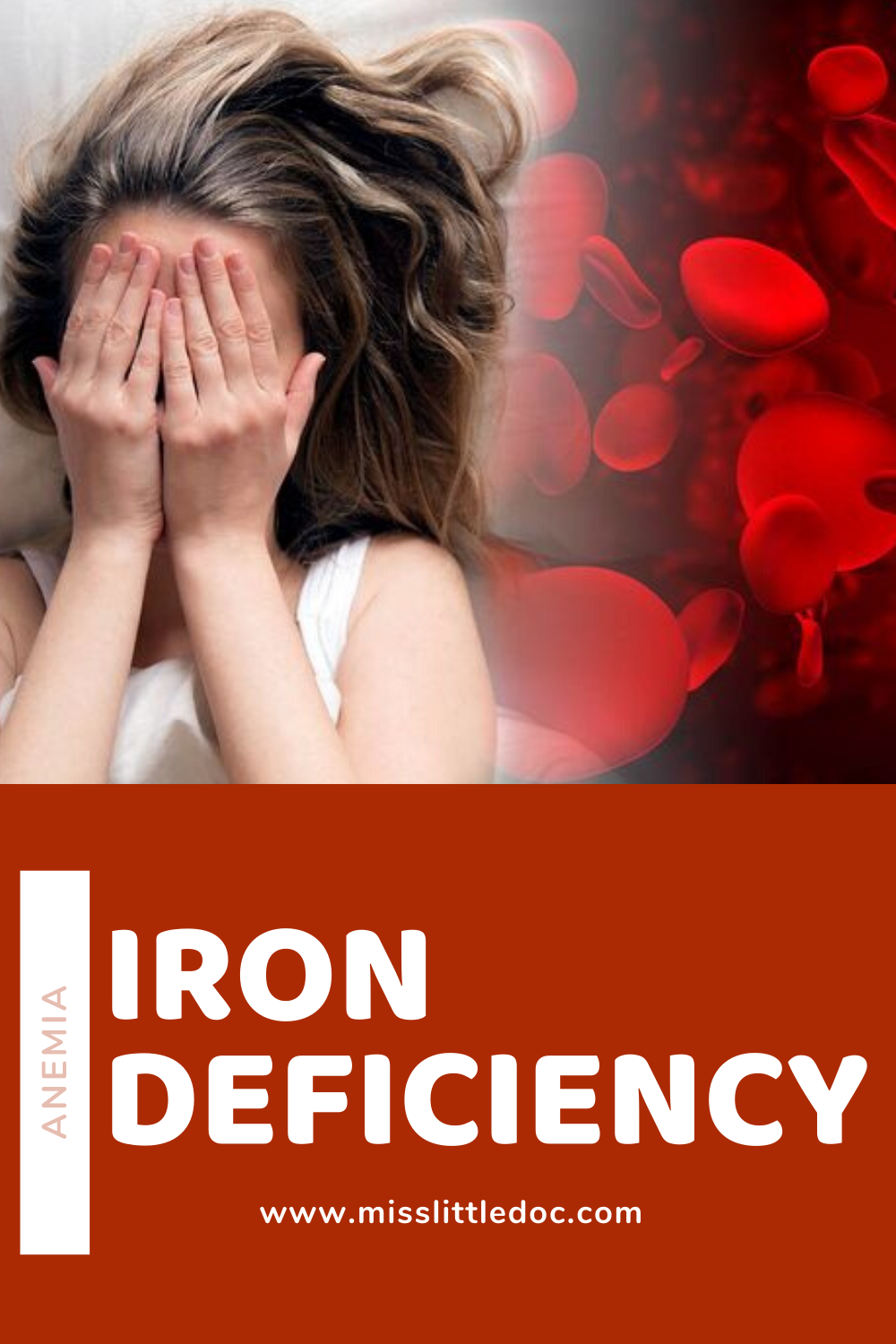Why Iron is Important
Iron is a trace mineral found in many foods and the body only requires about 100 milligrams of iron a day. It participates in metabolism, DNA synthesis, growth, healing, immune function and reproduction. Iron is found in the blood in two different proteins, that transport oxygen through the blood and muscles.
Symptoms of Iron deficiency are:
- Fatigue
- Pale skin
- Weakness
- Dizziness
- Headaches
- Hair loss
- Brittle or grooved nails
- Sensitivity to temperature
- Cold hands and feet
- Shortness of breath or Chest pain
- Difficulty concentrating
- Heart palpitations
- Restless leg syndrome
- Cravings for nonfood items, such as ice or dirt
Who is most at risk?
Women are always more prone to iron deficiency during child bearing years due to the menstrual cycle. Any woman who has extra heavy periods, are pregnant or just had a baby are especially susceptible. Also long-distance runners, vegetarians, people who donate blood regularly, and people with health issues (think Crohns, celiac disease, and other gastrointestinal conditions) are at risk for iron deficiency.
Where is Iron found?
The best food sources for iron are found in dried white beans, dried fruits, eggs (especially egg yolks!), lean red meat, oysters, poultry, salmon, tuna and whole grains.
Iron found in animal sources are absorbed better than from plant sources. As 40 percent can be absorbed from animal sources and plant sources are only about 2-20 percent.

There are some things that do block or decrease the absorption of iron.
- proton pump inhibitors and omeprazole, used to for GERD, Acid Reflux, and stomach acid problems
- polyphenols in cereals, spinach and legumes
- tannins in coffee, tea, wine(higher concentration found in red wines), and some berries
- phosphates in carbonated beverages
- phytates in beans and grains
Calcium can also block the absorption of iron into the body. So if you are taking a calcium and an iron supplement, take them at different times of the day for maximum absorption!
Iron Supplementation
In adults, doses for oral iron supplementation can be as high as 60 to 120 mg of elemental iron per day. These doses apply to women who are pregnant and severely iron-deficient. An upset stomach is a common side effect of iron supplementation, so dividing doses throughout the day may help.
People with a genetic disorder called hemochromatosis are at a high risk of iron overload as they absorb far more iron from food when compared to people without the condition.

Frequently taking iron supplements that contain more than 20 mg of elemental iron at a time can possibly cause nausea, vomiting, and stomach pain.
Chiropractic
It’s always a good idea to check your iron levels through a blood test to determine where you are at. In fact, it is a good rule of thumb to get yearly blood tests to check all of your vitamins, minerals and hormones.
About a year ago, I was having severe fatigue and had some blood tests run. My B12 level was so high they couldn’t even read it. At the time, I was taking an iron supplement that had B12 in it. I discontinued use of that particular supplement and went to a chelated iron supplement without any other additives.
My body doesn’t process B12 like it should and without the blood tests, we would have never figured it out. I am always on the line of being anemic, so an iron supplement is just something I have had to take for years.
If you have any questions on symptoms, curiosity of blood levels, food allergies, or anything else, give us or a chiropractor near you a call! Chiropractic is full body wellness and we look to find out what is causing an issue rather than covering up a symptom. Chiropractic adjustments help the body function properly.
~Dr. Lacey~
Carder Chiropractic Clinic, INC.
El Reno, OK 73036



